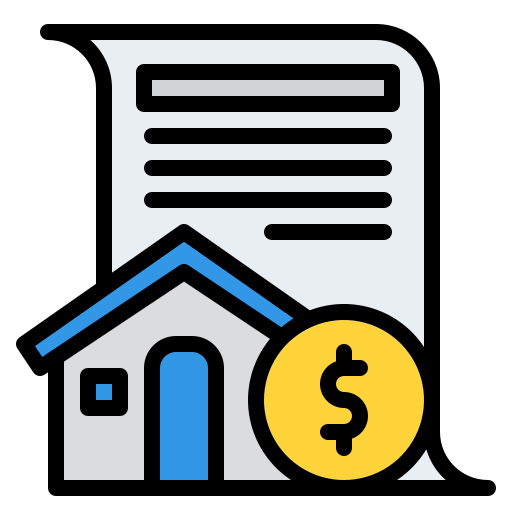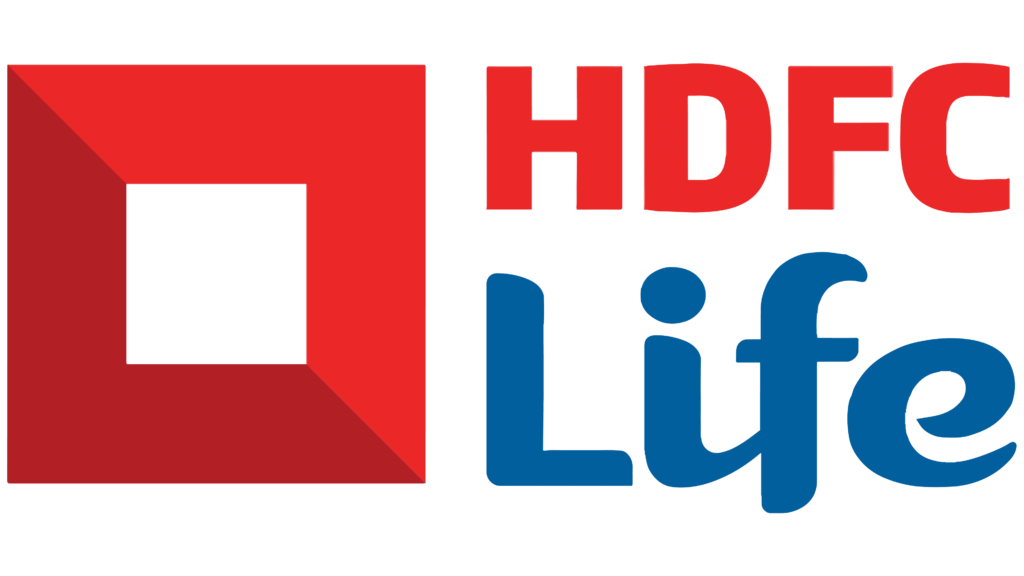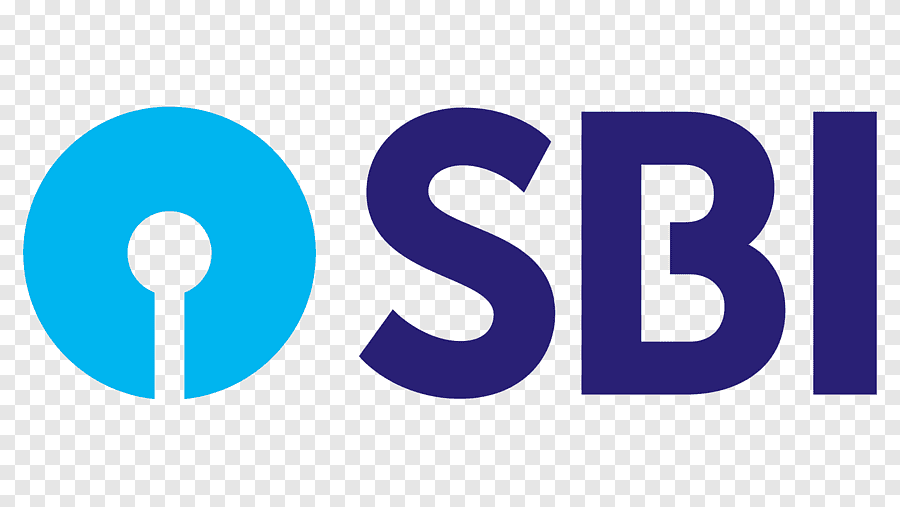
HOME
LOAN
A home loan, or mortgage, is a loan provided by a financial
institution to help individuals or families purchase a home.
It is repaid over time with interest, using the home as collateral.



WHAT IS HOME LOAN ?

A home loan, also known as a mortgage, is a loan provided by a financial institution to facilitate the purchase of a home or property. The borrower receives a lump sum from the lender, which is typically repaid over a specified period, often 15 to 30 years, with interest. The home itself serves as collateral for the loan, allowing the lender to seize the property if the borrower fails to make payments as agreed.
Home loans enable individuals and families to afford homes that may otherwise be beyond their immediate financial reach. They come in various types, including fixed-rate and adjustable-rate mortgages, each offering different terms and interest rates. Home loans are a significant financial commitment and require careful consideration of factors like down payments, monthly payments, and overall affordability.
BENEFIT OF HOME LOAN
Home loans offer several benefits to individuals looking to purchase property:
Affordability: Home loans enable borrowers to afford homes that may otherwise be financially out of reach by spreading the cost over many years.
Asset Ownership: Borrowers gain ownership of a valuable asset—real estate—while paying off the loan, potentially benefiting from property appreciation over time.
Tax Deductions: Interest paid on home loans may be tax-deductible, providing potential tax benefits for homeowners.
Stable Housing Costs: With fixed-rate mortgages, monthly payments remain stable over the loan term, providing predictability in housing costs.
Equity Building: As borrowers make mortgage payments, they build equity in their homes, which can be tapped into for future financial needs through refinancing or home equity loans.
Credit Building: Successfully managing a home loan can improve credit scores, facilitating access to other forms of credit at favorable terms.

OUR ASSOCIATED PARTNERS






